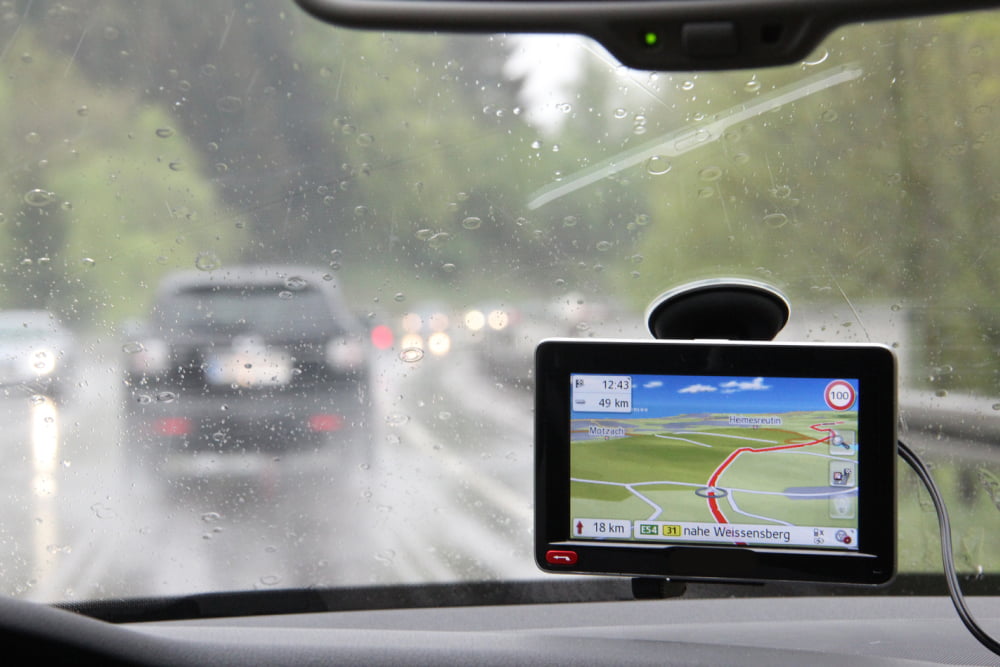
5 Ways GPS Technology Improves Daily Lives
The first-ever GPS satellite was launched in February 1973. It was designed to function as a radio navigation tool and overcome the limitations of past navigation systems. Since then, 33 more satellites have been launched, allowing the global positioning system (GPS) technology to change how the world communicates, enhance the safety of assets and people, and assist governments, companies, and individuals. So, here is a better look at how GPS has improved daily lives:
1. Aids in navigation
Navigation systems are the most common examples of GPS applications. Equipped with mapping technology, navigation systems become tools for road vehicles. Further, GPS devices in vehicles allow individuals and businesses to check the location of the said vehicles. Further, using coordinate data and quick calculations, GPS can determine the vehicle’s speed and movement direction. This information can help one get real-time directions from one point to another.
2. Enhances security
GPS helps authorities track criminals, in particular thieves, through their own devices or stolen devices like laptops and smartphones. The authorities can get the exact location of either the devices or vehicle of a suspect, helping them catch criminals and retrieve stolen items. Businesses can also make the most of GPS to deter theft by keeping track of goods. Additionally, GPS trackers allow authorities to place people under house arrest.
3. Keeps track of seniors
Seniors with memory-related issues may get disoriented, especially in strange environments, which can make them step outside without informing others or seeking appropriate assistance. So, those caring for older adults with dementia or Alzheimer’s can utilize GPS trackers to keep track of their whereabouts.
4. Monitors health
Today, GPS tracking can help provide performance data. Several smartphone apps and smartwatches use GPS tracking to calculate speed and distance while running or walking. This information can be used to calculate how many calories one has burned.
5. Reduces operational costs
When businesses have access to logistical data and updates in real-time, they can make better decisions, which, in turn, can lower operational costs. For instance, GPS technology can help businesses get trip data for each delivery, which can be compiled to see the patterns and come up with a delivery estimate. When they have access to such data, it is easier to instantly identify the problems and incorporate resolutions to mitigate the costs if the problem persists for a longer duration. Further, GPS trackers can provide data regarding the need for repairs and maintenance of transport. This can help businesses prioritize repairs and prevent mechanical snags on the road.
In addition to these benefits, GPS facilitates real-time data recovery. For instance, when GPS sensors are attached to objects, shipping containers, and even individuals, it can help one track the route or journey in case they go missing or are delayed. This is extremely valuable information for businesses and authorities. Further, GPS technology has facilitated neighborhood search. So, one can easily find nearby gas stations, hotels, and restaurants on long trips. So, if one cannot drive or needs assistance, they can at least find places that offer food and shelter.


